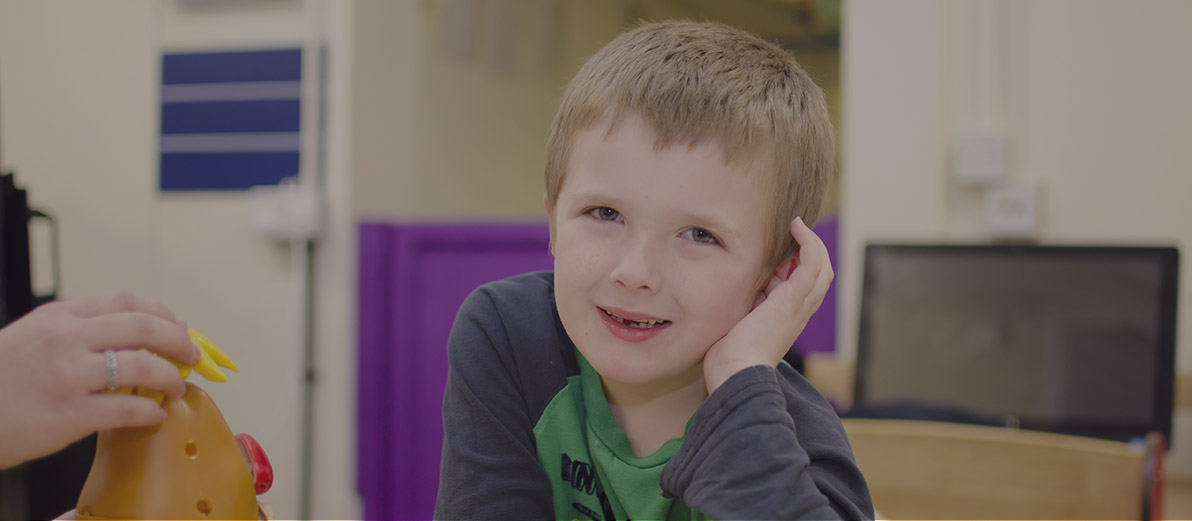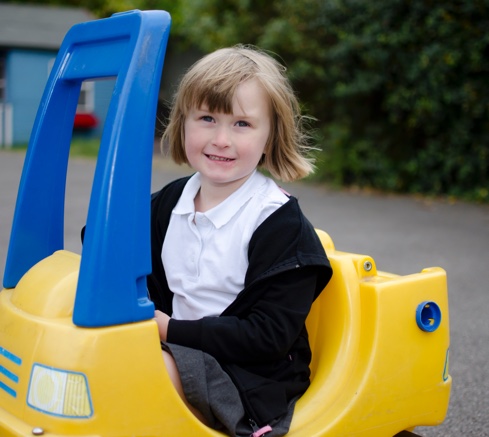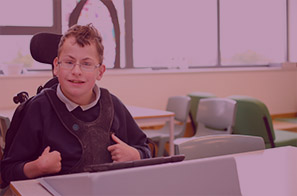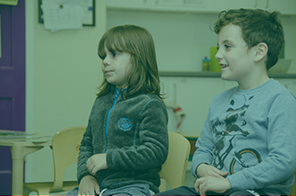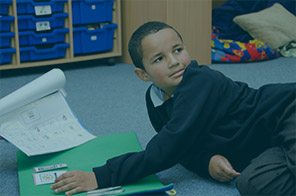These are some of the questions we frequently get asked.
- Will signing stop my child from talking?
- Do I have to speak and sign at the same time?
- My child’s signs aren’t clear enough; does that matter?
- Where do I find a sign that I don’t know?
- I feel silly signing at home or in my work place, as I am the only person who does.
- What is the difference between the signing that is shown on the website and British Sign Language?
- I want to use Baby Signing with my child
- How can I get symbols to use with my child?
- I think my child needs Speech and Language Therapy. Who do I contact?
- I realise that you are working with children through your project. How do I get help for an adult with communication and learning difficulties?
- What is a Voice Output Communication Aid (VOCA) and would my child benefit from one?
Will signing stop my child from talking?
There is evidence showing that signing promotes speech, as it takes the pressure off children to respond verbally. Whilst concentrating on signing, quite often children will vocalise without consciously having to think about it, with a greater degree of success than being put ‘on the spot’. There is also evidence that children who are encouraged to sign and see others signing to them, make more attempts to communicate with others than children who are not exposed to signing.
Do I have to speak and sign at the same time?
Yes, always speak when you sign, signing reinforces speech. It helps your child understand the meaning of the words. By doing this, you are showing children that signing is as important and valued way of communicating – just like speech
Communication is a two-way process and it is essential for children to see adults signing around them as part of their daily life in order for them to feel part of their community. Modelling signing is the strongest form of encouragement for our children to do the same.
My child’s signs aren’t clear enough; does this matter?
Not at all…. It’s fantastic that they are having a go and beginning to communicate with you. Make sure you give lots of praise every time your child signs and model the more precise sign.
If their signs are unclear it will help if you write down the words they ae signing and what their less accurate version looks like so that everyone communicating with your child understand it and can respond appropriately.
In this way your child is more likely to experience the feeling of being a successful communicator and will be motivated to carry on.
Where do I find a sign that I don’t know?
On the website there are references to resource books from Makaton, Communication Link and Signalong with a huge range of vocabulary. If you need a sign that you cannot find elsewhere, it is possible to contact Makaton or Signalong and ask them directly.
I feel silly signing at home or in my work place, as I am the only person who does.
Well done you! Because you sign you will find that the children who benefit from signing respond better to you than to others who don’t. We find that our children are much more likely to sign to new adults if the adult signs to them first. If you have the courage to lead other adults will soon follow suit. If not, suggest to your Senior Management that perhaps signing needs to be a focus in your work place to promote an inclusive ethos.
What is the difference between the signing that is shown on the website and British Sign Language?
The signing we use for Total Communication is based on having simple signs alongside speech, and whilst all our signs come from BSL, we use them very differently. BSL is a language in its own right, with its own grammar and uses a different word order to spoken English. We do not sign all of the words that we speak in the sentence. Just the most important ones to make sure that the message is understood. The signing we use is therefore adapted to be suitable for children and adults who have communication difficulties associated with learning difficulties and communication delay/disorder.
I want to use Baby Signing with my child
If you feel your child would benefit from using signs to communicate, it is important to seek advice from a Speech and Language Therapist who can advise you of the most appropriate form of signing to get you started.
There is more information on Baby Signing on the link below:-
www.babycentre.co.uk
How can I get symbols to use with my child?
If you are thinking of introducing symbols to your child please seek advice from a Speech and Language Therapist and/or professionals supporting you. They will be able to provide resources or direct you to a local source.
Most schools and early years settings in Gloucestershire have access to symbols. Your nearest special school will also have resources available to support you.
The ‘Contact us’ button will link you to all the Special School websites in the county.
I think my child needs Speech and Language Therapy. Who do I contact?
Contact your nearest NHS Speech and Language Therapy Department or the Royal College of Speech and Language Therapists.
https://www.rcstt.org/ and https://www.glos-care.nhs.uk/our-services/children-young-people/slt
I realise that you are working with children through your project. How do I get help for an adult with communication and learning difficulties?
You can contact Bronwen Carless by email on Bronwen.Carless@glos.nhs.uk, as she is the contact for Total Communication for Adults with Learning Difficulties, or Nicky Partridge on nicky.partridge@glos.nhs.uk or by phone on 01452 321056.
What is a Voice Output Communication Aid (VOCA) and would any child benefit from one?
If your child needs a VOCA, he/she should already be under the guidance of a Speech and Language Therapist, who will be able to advise you.
A VOCA is an electronic device which is able to generate spoken words or printed text. The simplest VOCAs can store a single message recorded from an adult speaking into it. When a button or switch is pressed the recorded message is heard.
We hope you have found these questions/answers useful. If there are any other questions you would like included on this page, contact us.

